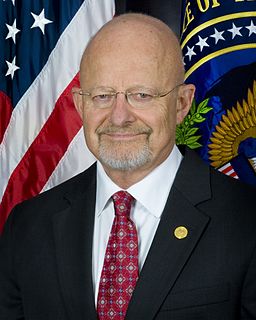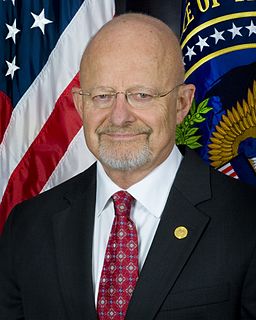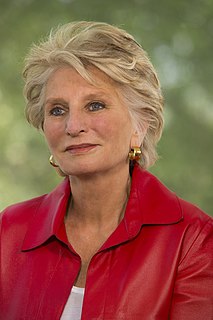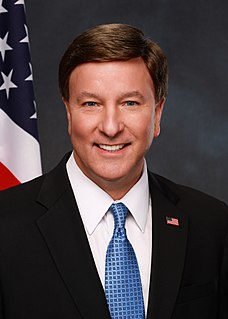A Quote by James Clapper
I do think - the metaphor I always use - it's the role of intelligence community to stay down in the engine room and shovel that intelligence coal, and people on the bridge get to decide where to drive the ship and how fast and how to arrange all the deckchairs.
Related Quotes
I don't think the intelligence community itself institutionally is losing its focus; it will continue to do its job; continue to be vigilant on all issues that are besetting us. I think the greater danger is just the preoccupation of the policy community, and how much attention they pay to what the intelligence community is telling them.
Obama found a lot of people that think just like he does, and he put them in the intelligence community. Can you imagine? When you think of the intelligence community, don't you think of super patriots, don't you think of people out there even risking their lives to defend and protect the Constitution and the people of this country and this country itself as founded? No. That's not the kind of people Obama put at the CIA.
The intelligence community's 2002 National Intelligence Estimate (NIE) stated, in a formal presentation to President Bush and to Congress, its view that Saddam had weapons of mass destruction - a belief in which the NIE said it held a 90% level of confidence. That is about as certain as the intelligence community gets on any subject.
I look for people who have raw intelligence and a great work ethic and loyalty, and I can quickly identify people who have the right ingredients. But sometimes it is more difficult to get them to accept the fact that they can take on increasing responsibility. Oftentimes individuals will decide how far [they] go by how much work they're willing to put in and how quick they are to ask for help. Too many people have this deep-seated fear that if they ask for help, they will be thought less of.


































